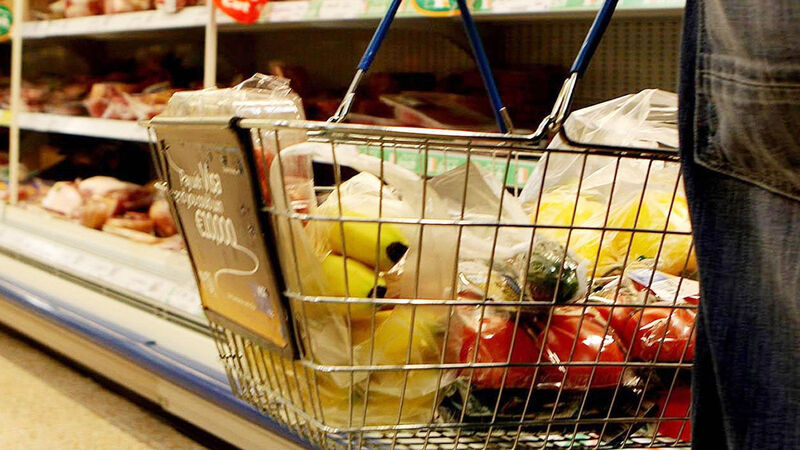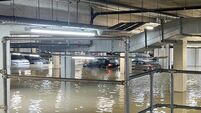What is driving inflation? – Record inflation rates explained

Many eurozone countries are experiencing record levels of inflation fuelled by global supply chain issues and Russia’s invasion of Ukraine.
Record inflation rates explained Ireland's inflation rate reached 7.8% in May, the highest level in 38 years. Such high rates of inflation aren’t limited to Ireland. Many eurozone countries are experiencing record levels of inflation fuelled by global supply chain issues and Russia’s invasion of Ukraine.
Some analysts are predicting that inflation will rise as high as 10% as price pressures continue to be felt. The high rates of inflation are leaving many consumers struggling due to a cost of living crisis.











